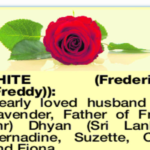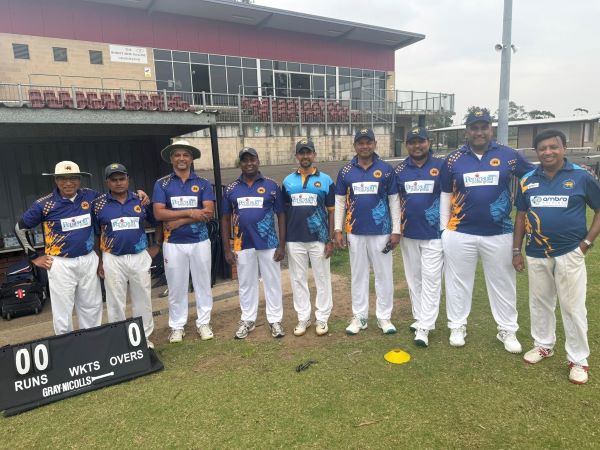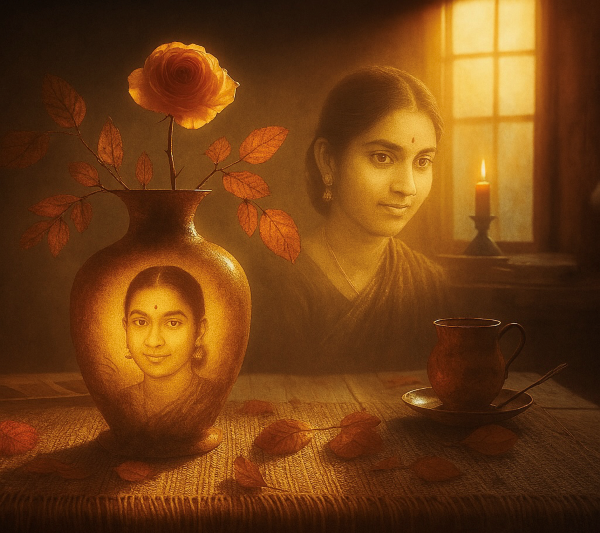What does it mean to be the oldest culture? – By Dr Sean Perera
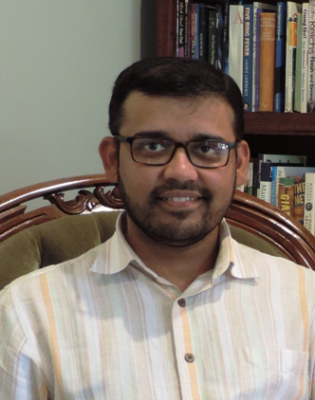 In my previous article titled Are we one?, I enquired whether indigenous Australian reconciliation policy is ridden by white guilt that aims to atone for the past in an attempt to reinvent national identity. In this subsequent article, I aim to interrogate efforts driven by a modern Australian social consciousness which seeks to rectify errors of the past with the aim of reconciling the future.
In my previous article titled Are we one?, I enquired whether indigenous Australian reconciliation policy is ridden by white guilt that aims to atone for the past in an attempt to reinvent national identity. In this subsequent article, I aim to interrogate efforts driven by a modern Australian social consciousness which seeks to rectify errors of the past with the aim of reconciling the future.
In particular, I seek to unpack the contemporary claim that Aboriginal Australians are the oldest living culture. Is it a badge of honour or just another camouflaged colonial shackle to be the oldest living culture on this planet?
Culture
First, we need to clarify what is meant by “culture”. Scholars such as Raymond Cohen define culture as people with a common past and future distinguishing themselves from other populations through distinctive behaviors that communicate their values and beliefs. This definition serves to differentiate Aboriginal Australians as a distinct culture, as it would the multiple cultures inhabiting modern Australia today. However, to qualify Australian Aboriginal culture as the oldest living on earth, presents an ontological dilemma.
As Noor Rahim’s eLanka article The Boast of Multi-Culturalism accurately identifies, an inherent element of all cultures is their dynamism. Cultures are not static. They are alive. Just like the people who make them, cultures grow, adapt and evolve. Claiming, therefore, that Aboriginal Australians are the oldest unchanged culture on this planet undermines the resilience and dynamism of First Nation Australian peoples
A journey back in time
This claim to ancientness is, however, recent. It is one that gained prominence only a decade ago, when Eske Willerslev and a team of geneticists in a laboratory in Denmark unravelled the DNA of a 100-year-old lock of hair, which was donated by a Western Australian Aboriginal man. Genetic testing confirmed the ancestors of Australian Aboriginals were among the earliest human populations that left Africa’s Rift Valley about 58,000 years ago. They migrated alongside other groups of early humans, who later separated along the way towards Europe and Asia.
Around 37,000 years ago, the eastward journeying groups of early humans diverged in the New Guinean-Australian continent. When tectonic activity separated Australia and New Guinea about 10,000 years ago, the ancestors of Aboriginal Australians diversified from their Papuan neighbours. Therefore, the first people to reach Australia were, undoubtably, one of the oldest surviving populations outside Africa at that time. However, to claim that Aboriginal Australians are the oldest living culture on this planet calls for scrutiny.
Oldest culture
Claiming unparalleled ancientness is almost reminiscent of Mendelian genetics. The romantic notion of an unchanged and uncorrupted pure population of people. Historic evidence indicates to the contrary. Australian Aboriginals have a dynamic history. There is extensive archaeological evidence of their trade and social interactions with neighbouring Oceania.
Moreover, to claim Aboriginal Australians as the oldest living culture on this planet is epistemologically inaccurate. This is because it doesn’t adequately recognise the older populations of early humans who stayed behind in Africa when the first Australians left. Nor does it acknowledge duly the other ancient populations which concurrently migrated out of Africa. Why are those cultures, which were obviously equally old if not older, unclaimed as the oldest in the world?
Is it because those cultures have since evolved dynamically, as inherent cultural dynamism would expect? Or do geneticists question the genetic purity of human populations that were not isolated from the rest of the world, especially Europe? Or perhaps, the ancient African roots of those cultures have been obliterated, rendering them indistinct from modern Africa. Or maybe it is because the European colonisers of Africa have yet to reconcile with modern Africa and its peoples.
In contrast, modern Australia has reconciled with its colonial past. The national apology in 2008 acknowledged more than two centuries of injustice meted to Aboriginal Australians. Since then, some Australian experts have even extended the claim that Australian Aboriginals are the oldest living “civilization” on the planet. This is despite the absence of sophisticated social and technological structures commensurate with other advanced civilizations of the ancient world. It is, therefore, difficult not to be sceptical about the prominence with which Aboriginal Australians have since recently been celebrated as the oldest living culture by way of recompense.
A matter of genuine recognition
While it is uncontested that Australian Aboriginals possess a distinctive culture, claiming that it is unparallelly ancient undermines its historicity. It is disingenuous to claim that First Nation Australians are the oldest living culture on earth. It is a patronizing white badge of honour Aboriginal Australians are expected to wear as indemnity for white guilt.
Irrespective of bestowed claims to unparalleled ancientness, Aboriginal Australians remain culturally isolated. One current example is the Aboriginal Anangu people of central Australia. Despite reclaiming their rights to Uluru in 1985, the Anangu people continue to watch in silence while their sacred rock is touted as a tourist attraction.
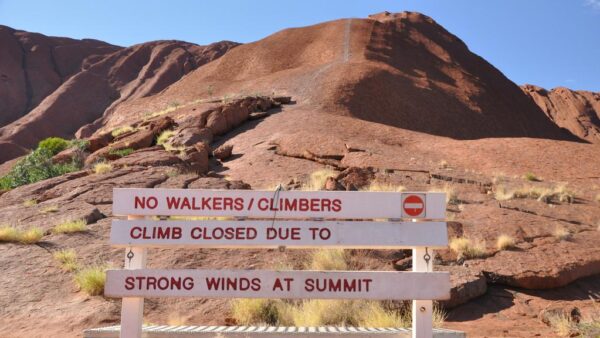
Uluru is currently part of a 99-year joint management land lease wherein the Australian government holds the greater power. It was only as recently as 2019 that climbing the sacred rock was closed to tourists. That too, citing a breach of environmental protection and biodiversity, rather than genuine respect for Australian Aboriginal culture.
Isolating Australian Aboriginals in an ancient culture, inevitably, excludes their contemporary participation in modern Australia. The claim to unparalleled ancientness is, perhaps, a gilded cage that imprisons them in time.
Dr Sean Perera is an internationally recognised expert on critical transculturality. He is an Australian-Sri Lankan dual citizen and resides in Canberra, where he researches and teaches cross-cultural communication at The Australian National University, from which he holds a PhD.



